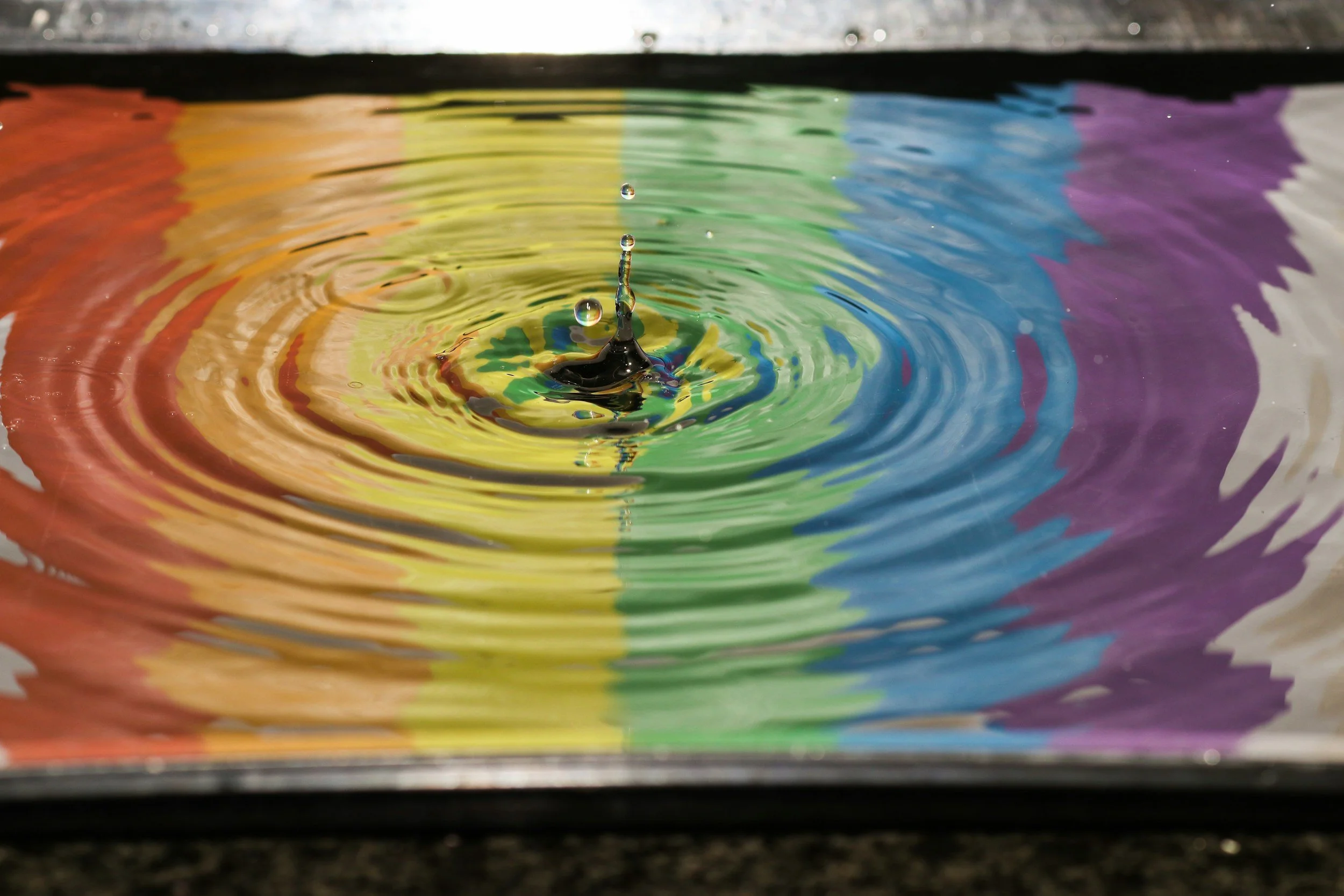As a child with ADHD, I often found it difficult to focus, stay organized, and manage my emotions. However, I discovered that play was one of the most effective ways to alleviate my symptoms and improve my overall well-being.
by Sara Stanizai, LMFT
There’s a common, half-joking sentiment that therapists and their clients think “everything is trauma.” I tend to think that everything is grief.
What if power imbalances, trauma, depression, relationship struggles, differentiating from your family, self-esteem, or anything else that brings you therapy was actually related to grief? If you boil down a lot of our pain, it often contains some part of the grieving process. We struggle to adjust to changes and loss in one form or another. And yet, grief is often treated as a mysterious syndrome that we try to avoid but know we can’t.
This isn’t to downplay the extremely painful loss of a loved one. But on a much, much smaller scale, we are often experiencing a version of grief every time we lose something.

by Tiffany Hooton, LMFT
It seems that every day the ongoing trainwreck that is the current sociopolitical landscape brings me one uneasy step closer to embracing Doomerism - which, if you’ve been lucky to avoid the word, refers to an excessively pessimistic and fatalistic worldview. This may seem a somewhat problematic position for someone working in the mental health field, who is, ostensibly, tasked with assisting others to climb out of their own despair, anxiety, and doubt, but it nonetheless brings into sharp focus the various moral, ethical, and existential dilemmas many of us are grappling with on daily basis:
How do we continue living in an environment that appears to be fundamentally hostile to life? How do we reconcile a belief in human rights and dignity with the reality that a portion of everything you earn funds the very bombs used to destroy the lives of innocent people abroad? How do we protect the communities we care about when we ourselves are powerless? How do we behave morally while engaging in an immoral system?
And, while I certainly don’t know the answer to those questions, I do know that these are moments which challenge us - to reflect, to listen, to act. For people who find themselves frustrated with injustice, mired in feelings of powerlessness, and fearful of the future, this can mean slowing down, learning to regulate their emotions, and getting connected with their values. Below, I’ll share a few tools to do just that:

by Andrew Kravig
Every single day, we hear folks talking about how these are “unprecedented times.” Which is true, of course. These times do feel overly “unprecedented.” But what does that mean? What does it actually mean, as a lived experience, to chart an existence in a world where there is not an instruction manual or reliable guideposts to help you navigate?

by Sara Stanizai, LMFT
All relationships are inter-cultural.
We all carry our own personal, familial, cultural, national, spiritual, and other contexts with us as we try to connect with each other.
Some of these differences are more recognizable than others. While these relationships are often rich in love and learning, they can also present unique challenges that require open communication, empathy, and a keen understanding of power dynamics.
As a licensed marriage and family therapist and a student of Relational Life Therapy, I often draw upon the principles of RLT to help couples navigate these complexities.

by Andrew Kravig, AMFT
The world can feel like a hellscape right now. That might be putting it mildly. This year (is it only March??) has left many of us feeling overwhelmed, helpless, and exhausted. Everywhere you look there is chaos: the ongoing challenges of climate change, political instability, social injustices, threats of authoritarianism around the globe, handling the constant barrage of news alerts about the next big crisis. Oof. It’s easy to feel as though the world is spiraling out of control. And when combined with the weight of our everyday, personal struggles, we can often find ourselves depleted, utterly drained, both mentally and emotionally. This feeling is something we call often burnout, and especially when paired with depression, it can easily crush our ability to function and stay regulated.
But there are some ways to navigate through these difficult times, rebalance yourself, and perhaps reclaim some energy, so that you can foster your well-being. “Thriving instead of striving” is how my eighth grade Health Class teacher used to put it. (Looking back, she might have known a few things. I should have paid more attention.)

Convenient to Long Beach and Seal Beach at:
4510 E Pacific Coast Hwy, #540, Long Beach, CA 90804
contact@prospecttherapy.com | (562) 704-4736
